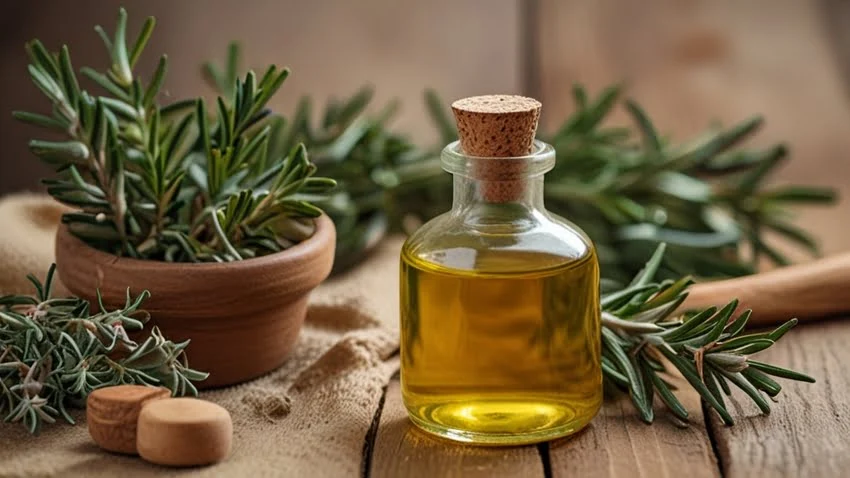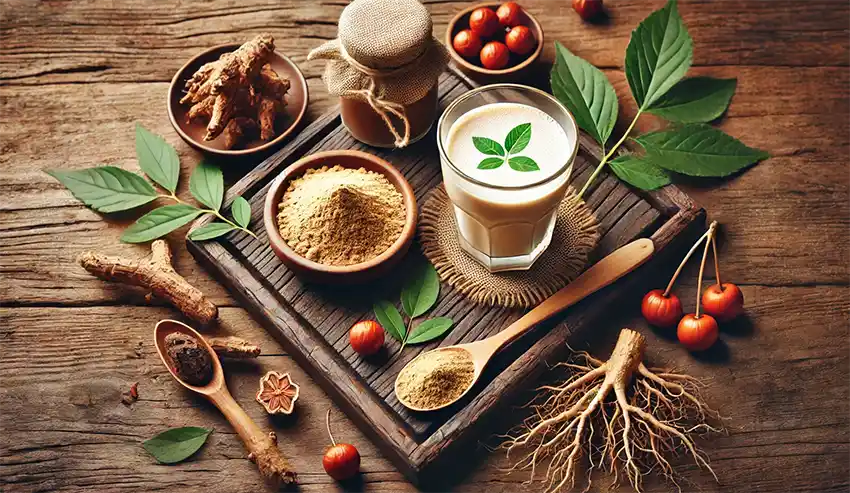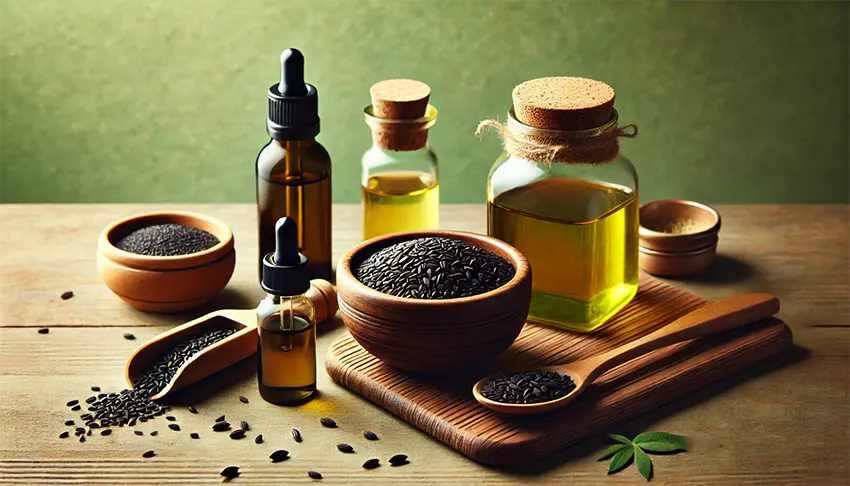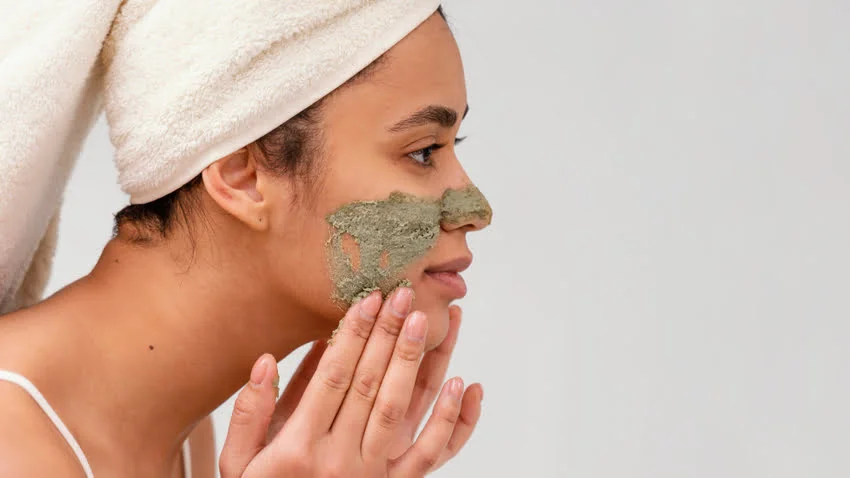A Holistic Approach to IBD: Finding Wellness with Crohn’s and Ulcerative Colitis
IBD is an umbrella term primarily for two conditions, Crohn's disease and ulcerative colitis, and it presents a unique set of challenges that extend far beyond typical digestive issues. For anyone on a wellness journey, understanding the multifaceted nature of
Read More







